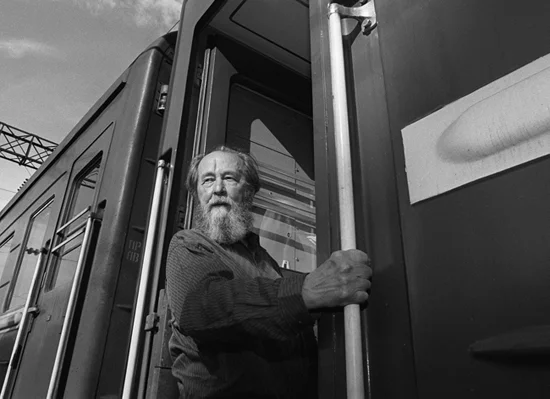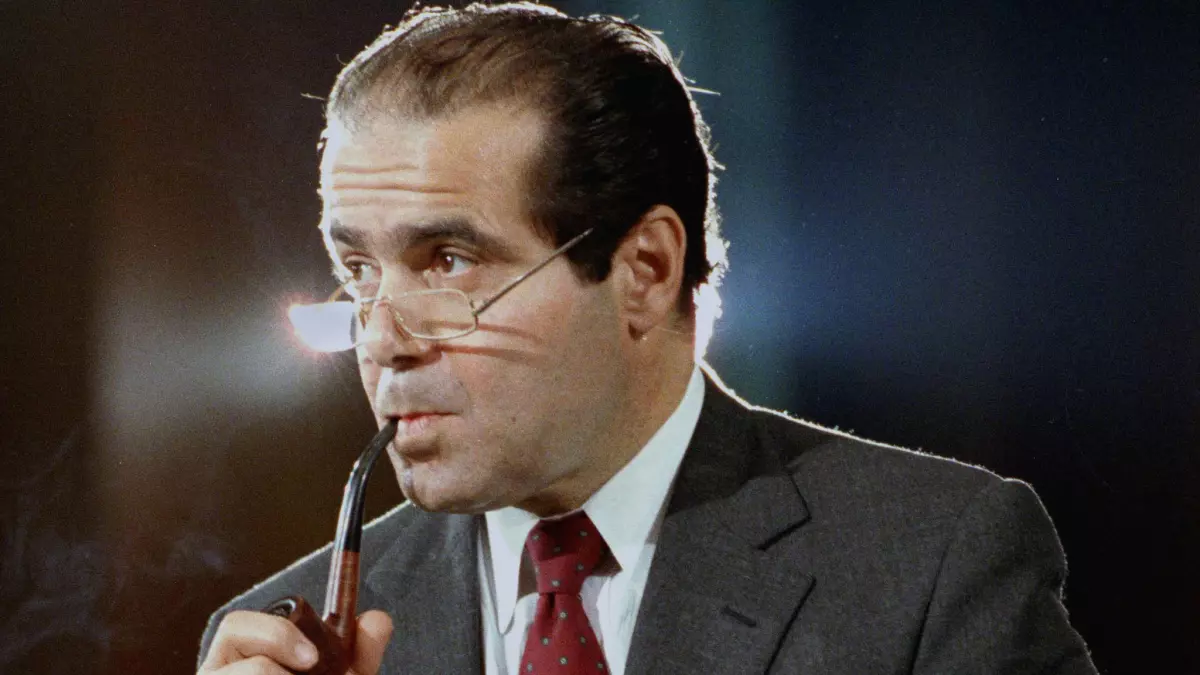
Is Post-Liberalism a Real Remedy?
Is post-liberalism a form of literary politics rather than a comprehensive political, institutional, and cultural framework for Western society?
After 300 years, the liberal experiment is over, believes Philip Pilkington.The Collapse of Global Liberalism and the Emergence of the Post-liberal World Order identifies liberal paradoxes that have finally and fatally eroded the cohesion of the liberal order. At the book’s center is what Pilkington calls global liberalism, which he defines as “a quasi-imperial structure that liberalism ascended to in its final days.” With a mix of carrots and sticks, the West proposed this structure to others as the finest model of governance. These export efforts were rebuffed, and the principal reason is that liberalism is unnatural. Other civilizations see this clearly, and besides, the dysfunction of Western societies confirms it.
A cross-over work of political theory and well-observed journalistic examples, The Collapse of Global Liberalism is a quick and good read. The first half presents a nuanced philosophical examination of ailing liberalism, and the second offers policy ideas for navigating a post-liberal world.
Pilkington argues that we live in a time of great geopolitical rupture just because liberalism has been so successful. It shapes how we think about ourselves, our families, our work, our government, and war. So complete is the grip of Enlightenment categories and the liberal style of living that little remains of the pre-liberal institutions that dominated the West for two millennia. The exception is the Catholic Church, which, as the guardian of the natural law tradition, plays a significant, though muted, role in the book.
The Collapse of Global Liberalism is a fair summary of geopolitics today, and its prescriptions are cogent. A policy area unexamined is governance, and I think readers may suspect that Pilkington shied away from the hardest nut to crack – what a future post-liberal regime in the West should look like.
Order
Perhaps not always made clear, Pilkington means two things by post-liberalism. Sometimes, he means post-liberal states of affairs generated by the paradoxes of liberalism. For example, we live, he argues, in “the final moments of liberalism as it started to come undone. The causal force here is clear: the Russo-Ukraine war that began in 2022 and the acceleration of anti-liberal global forces that it unleashed.” According to Pilkington, a liberal paradox provoked the war. Liberalism takes pride in Enlightenment reason as a force for good. The West egged on the war to expand Enlightenment principles, only to be shocked when an old civilization failed to find global liberalism reasonable or peaceable.
At other times, by post-liberalism, Pilkington means a moral and aesthetic critique of liberalism: “Liberal culture is becoming increasingly unnatural and, frankly, weird.” The heart of liberalism is, he contends, an aversion to hierarchy. Yet, this is why the world’s great civilizations do not find liberalism plausible. Pilkington makes the excellent observation that Francis Fukuyama’s famous 1989 End of History thesis – which posits liberalism as the consummation of political justice – failed because it mistook civilizations for mere countries. Although many countries in Latin America became liberal democracies in the 1980s – a phenomenon Fukuyama used as evidence for his thesis – civilizations have not followed suit. China, Russia, India, and Iran, for example, have all resisted liberalism because each is a civilization built on hierarchy. Marxist China and the Soviet Union have given way to Confucian and Tsarist hybrids. North Korea’s Marxist-Leninism has been modified by worship of a family lineage purportedly descended from Korea’s ancient Mount Paektu bloodline. Even in the liberal West, the hierarchies of the Catholic Church retain their pulling power, as media coverage of the death and election of popes demonstrates.
In this second sense, post-liberalism is the call for a new order. For this order to function well, Pilkington contends, there must be “a reversion to manners of thought associated with the natural law. Or, to put the same thing differently: hierarchical thinking will have to come back into vogue.”
Policy
For Pilkington, post-liberalism is not a recommendation but a necessity. Liberalism cannot be reformed because it is inherently flawed, with built-in paradoxes that generate psychological, social, and political dysfunction. Some of the book’s policy ideas cover mental health, immigration, and war.
Few dispute that there is a mental health crisis in the West. A paradox of the liberal account of freedom is one cause, argues Pilkington. According to liberalism, on the one hand, no person is incapable of decision-making, e.g., youths seeking gender reassignment procedures, yet on the other hand, liberal mildness demands cut outs at law to secure grounds for diminished legal responsibility. This paradox haunts contemporary drug policy. Pilkington documents the research that shows a relationship between marijuana use and psychosis and points out that the British National Health Service opened its first cannabis psychiatric clinic in 2019. Relatedly, this liberal paradox – you are free to pursue choices that destroy responsible liberty – has driven a profound loss of dignity in demanding the closure of insane asylums (a trend in the West that Japan, for instance, declined). This pushed hundreds of thousands of the mentally ill into the plight of homelessness. In addition to that loss of dignity, most Western cities are blighted, thereby reducing the effectiveness of cities in incubating high civilization. By way of post-liberal remedy, Pilkington advocates recriminalization of “soft” drugs and reopening asylums under humane management.
Intriguingly, this plight and blight dovetails with another interesting phenomenon identified by Pilkington. To cope with threats to mental health, the wellness industry has ballooned. This multi-billion-dollar commerce rests significantly on the promotion of nature religions. Pilkington points out that nature religions have never been associated with higher moralities. The West’s mental health crisis threatens a wider reprimitivization, therefore.
Respecting immigration, Pilkington argues that liberalism practices “biological imperialism.” The West has used economic incentives to break up families in the Global South. Liberal immigration policy is “the outsourcing of raising children” dressed up “as a form of altruism.” Furthermore, anyone objecting to the mass importation of workers is denounced by liberals as a racist. The vitriol stems from a liberal paradox. Liberalism celebrates its mildness, but since the criticism of mass immigration is a challenge to the liberal axiom that all individuals are equal and interchangeable, the criticism cannot be tolerated. The post-liberal remedy to the paradox is for the state to prioritize pro-family tax relief and direct payments, as well as campaigns to promote large families as a cultural ideal. As to the size of payments, Pilkington rightly observes that there is a price-point at which a family would have an extra child, and so it is for the state to identify that price-point and pay it. This is a requirement of justice: it is right to block “biological imperialism,” and political stability demands that immigration be curtailed.
Liberal belief in progress generates another paradox. Sure that technology is the same as progress, the West failed to understand that drones would mark the return to “static, high-intensity warfare.” The West wanted to backstop the Ukrainian war effort against Russia, only to discover that its industrial base is insufficient. With drones, warfare has reverted to the trench warfare of WW1, and back then, the Allies prevailed because of their massive industrial sectors.
The Russo-Ukraine war caught the West flat-footed. Wed to ideas of progress, “liberal military doctrine,” argues Pilkington, “falls somewhere between constructing a high-tech police force and fantasizing about a future in which wars are fought by robots.” Liberal paradox generates a delusion. Individualism reduces patriotism, and thus liberals are compelled, irrespective of realities, to imagine that future war will be police actions fought with small professional armies. This was the belief in Afghanistan and Iraq before the 2007 surge and recruitment of mercenaries. For the same reason, robot soldiers are desirable. The post-liberal remedy, Pilkington proposes, is a return to Thucydidean strategic caution, involving rebuilding industrial capacity with an emphasis on the quantity of arsenal, rather than expensive quality.
True Remedy?
Anthony Kronman’s recent work, True Conservatism, proposes something we might call the “Kronman test.” Kronman argues that we are all de facto Enlightenment liberals because no one disputes the rightness of equality, toleration, and scientific rationality. Clearly, Pilkington does dispute the first. For political hygiene, Pilkington thinks that state policy must embrace hierarchy; in doing so, we make “a return to normalcy” and the West will “find its pre-liberal identity once more.”
However, the “Kronman test” wants post-liberals to explain which aspects of the Enlightenment’s ideals they are willing to ditch. Where does Pilkington stand on the liberal establishment that makes possible free speech, freedom of the press and association, the liberty of universities, privacy and medical self-determination, representative democracy, and tolerant and equitable rule of law? He doesn’t say. Pilkington argues that liberalism generates malign paradoxes, so what of liberal governance? Surely, this is the head of the snake. His proposals are worthy, but the vital nerve of Enlightenment liberalism must be addressed. If there is to be a post-liberal reformation, we need an honest accounting of gains and losses. Liberal dysfunction is real, but is post-liberalism a case of throwing the baby out with the bathwater? Pilkington’s failure to address these make-or-break questions suggests that post-liberalism is a form of literary politics, a dissident aesthetic, rather than a comprehensive political, institutional, and cultural framework for Western society.
Graham McAleer is lay member of the Judicial Ethics Committee of the State of Maryland and author most recently of Tolkien, Philosopher of War (CUA Press, 2024).
Politics
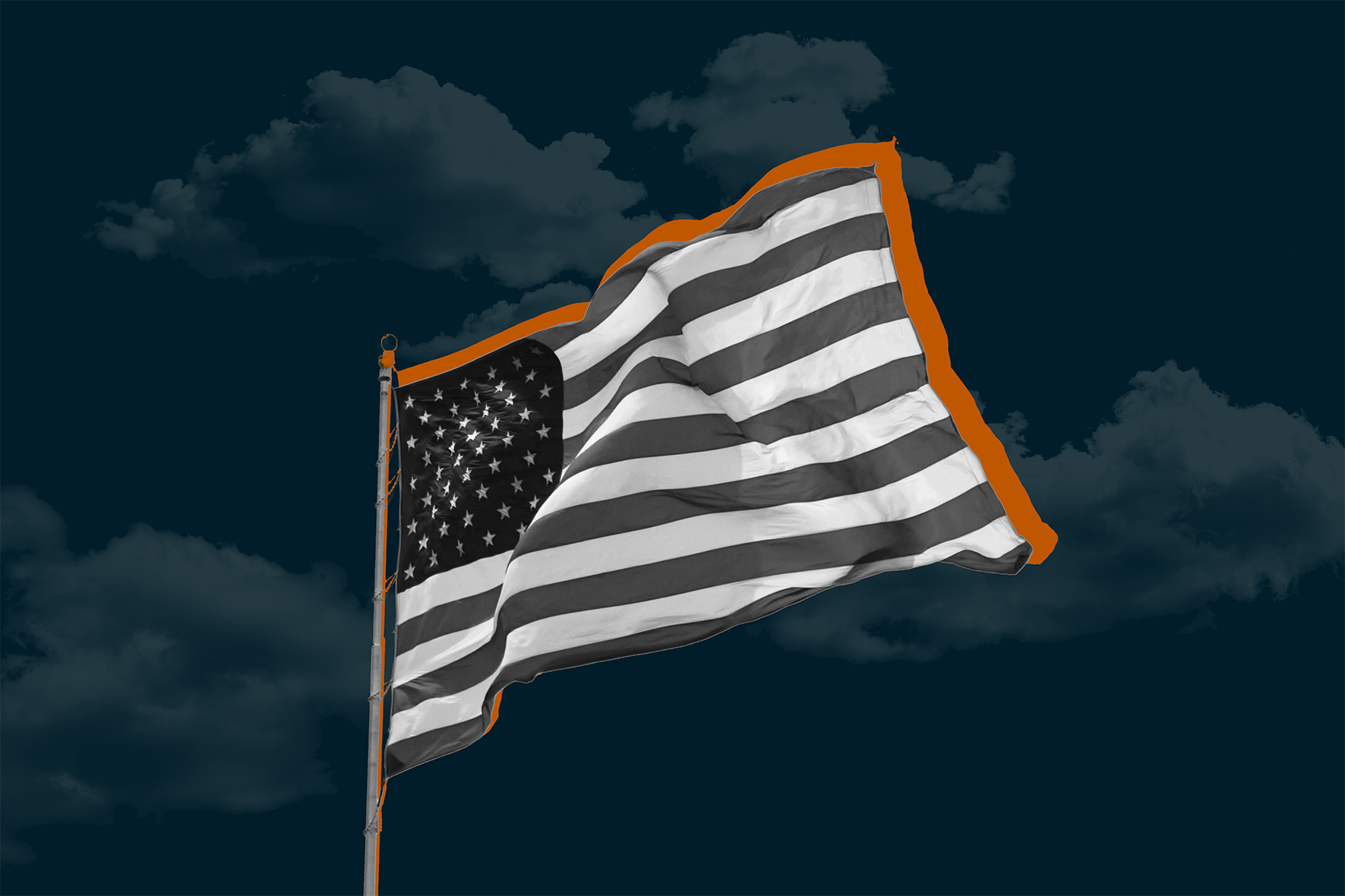
National Civitas Institute Poll: Americans are Anxious and Frustrated, Creating a Challenging Environment for Leaders
The poll reveals a deeply pessimistic American electorate, with a majority convinced the nation is on the wrong track.
.webp)
Liberal Democracy Reexamined: Leo Strauss on Alexis de Tocqueville
This article explores Leo Strauss’s thoughts on Alexis de Tocqueville in his 1954 “Natural Right” course transcript.
%20(1).avif)
Long Distance Migration as a Two-Step Sorting Process: The Resettlement of Californians in Texas
Here we press the question of whether the well-documented stream of migrants relocating from California to Texas has been sufficient to alter the political complexion of the destination state.
%20(3).avif)
Who's That Knocking? A Study of the Strategic Choices Facing Large-Scale Grassroots Canvassing Efforts
Although there is a consensus that personalized forms of campaign outreach are more likely to be effective at either mobilizing or even persuading voters, there remains uncertainty about how campaigns should implement get-out-the-vote (GOTV) programs, especially at a truly expansive scale.

There's a Perception Gap With the U.S. Economy
As we approach another election cycle, it’s worth asking: what’s real, what’s political theater, and what does it all mean if Democrats regain control of the House?

International Law Is Holding Democracies Back
The United States should use this moment to argue for a different approach to the rules of war.
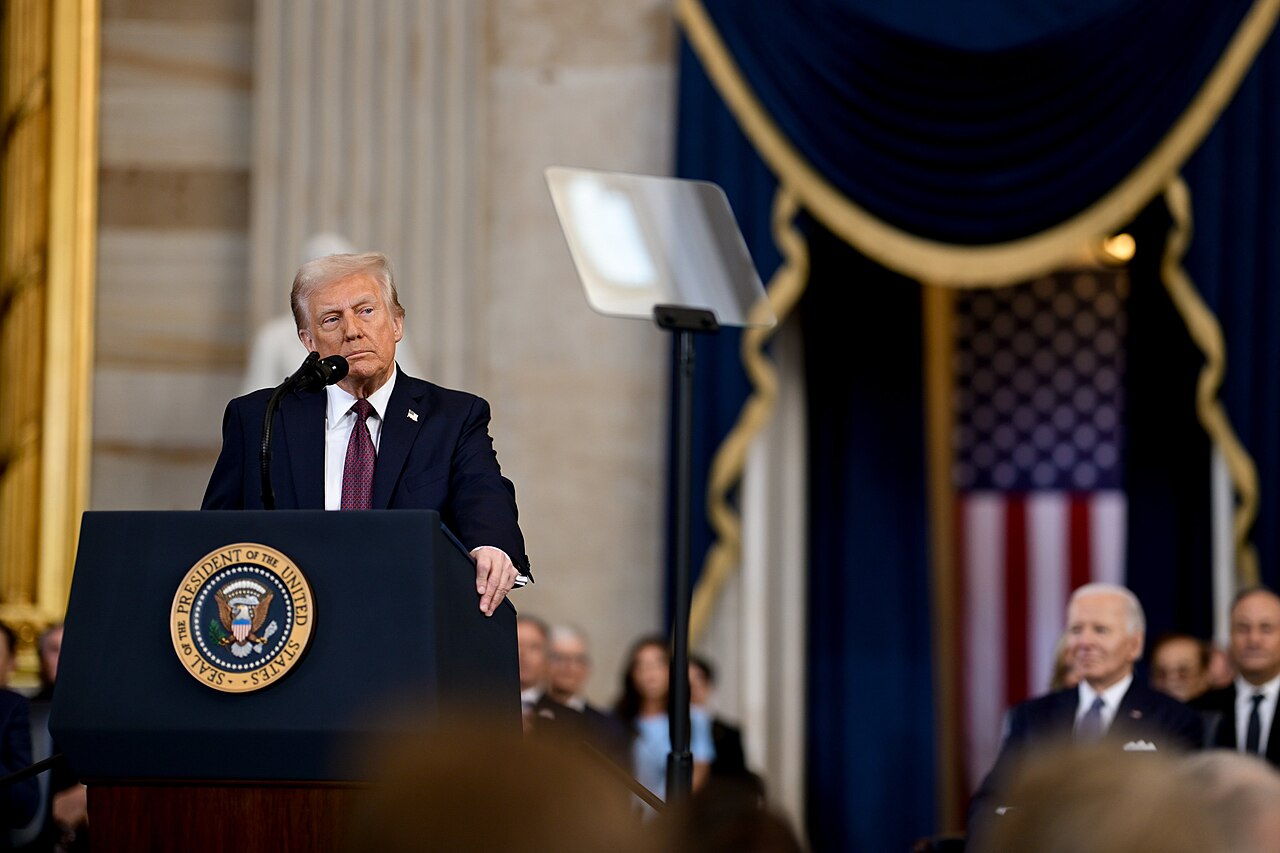
Trump purged America’s Leftist toxins. Now hubris will be his downfall
From ending DEI madness and net zero to securing the border, he’ll leave the US stronger. But his excesses are inciting a Left-wing backlash
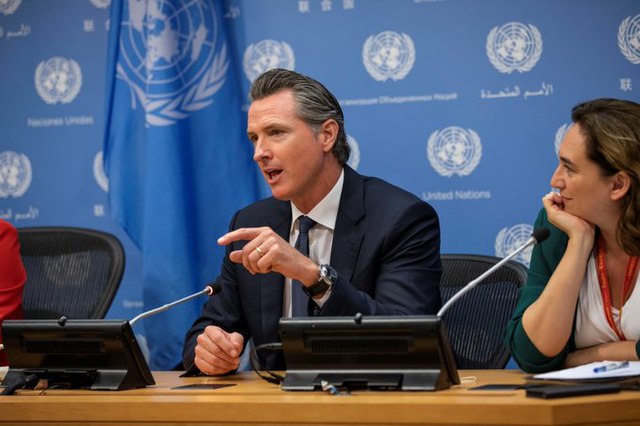
California’s wealth tax tests the limits of progressive politics
Until the country finds a way to convince the average American that extreme wealth does not come at their expense, both the oligarchs and the heavily Democratic professional classes risk experiencing serious tax raids unseen for decades.
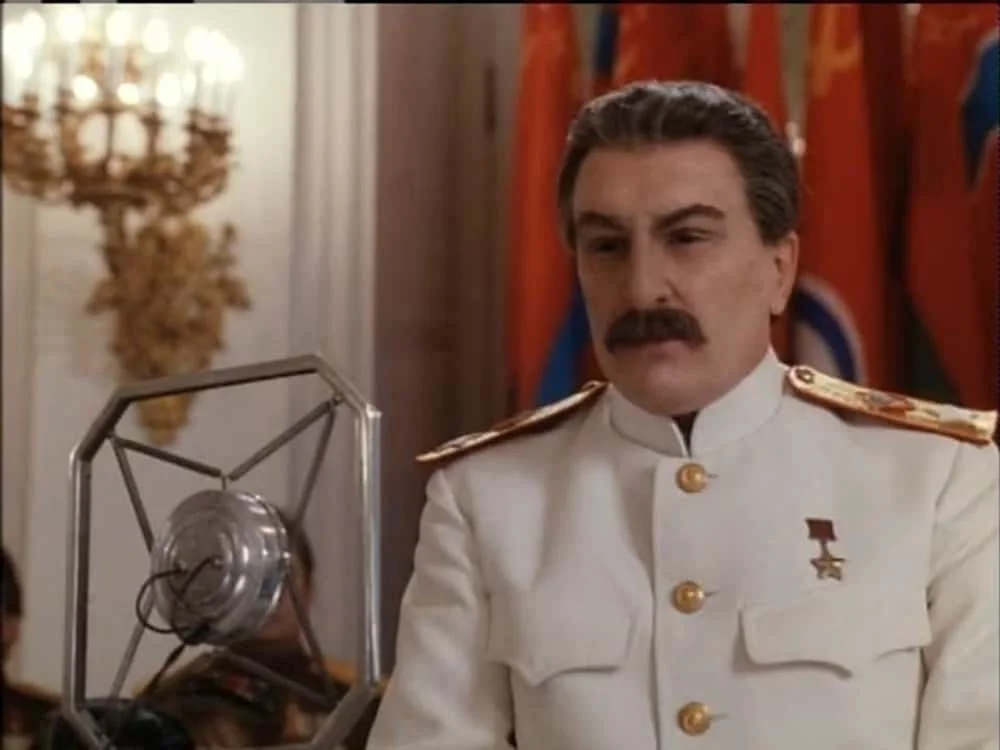
When Duvall Played Stalin
It’s strange to compliment an actor for impersonating a tyrant, but it is an act of courage.
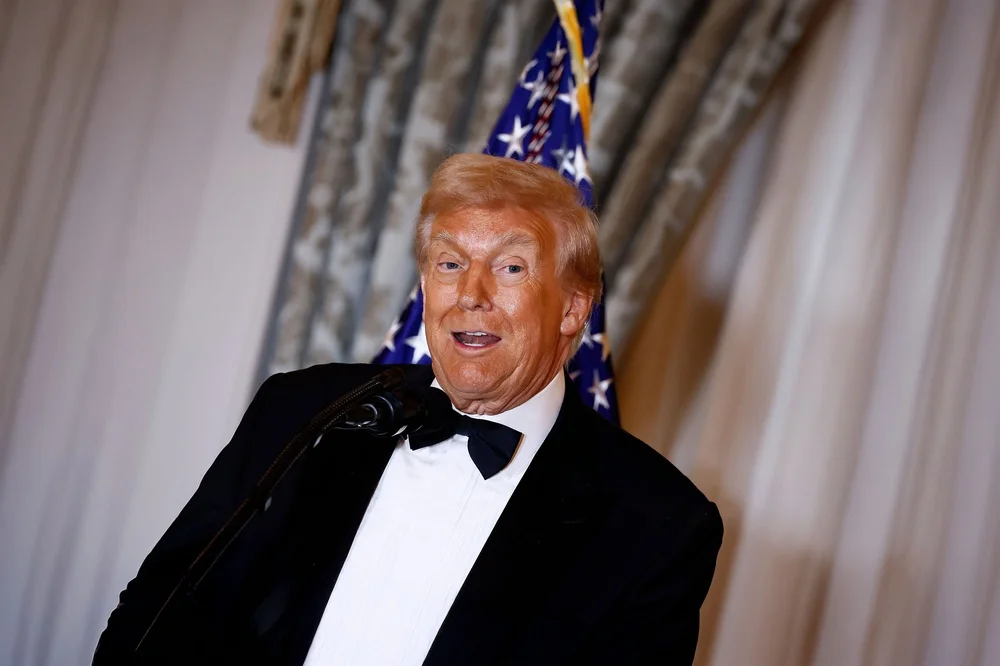
When Vanity Leads to Impropriety
A president should simply not be allowed to name anything after himself without checks from Congress or an independent commission.








